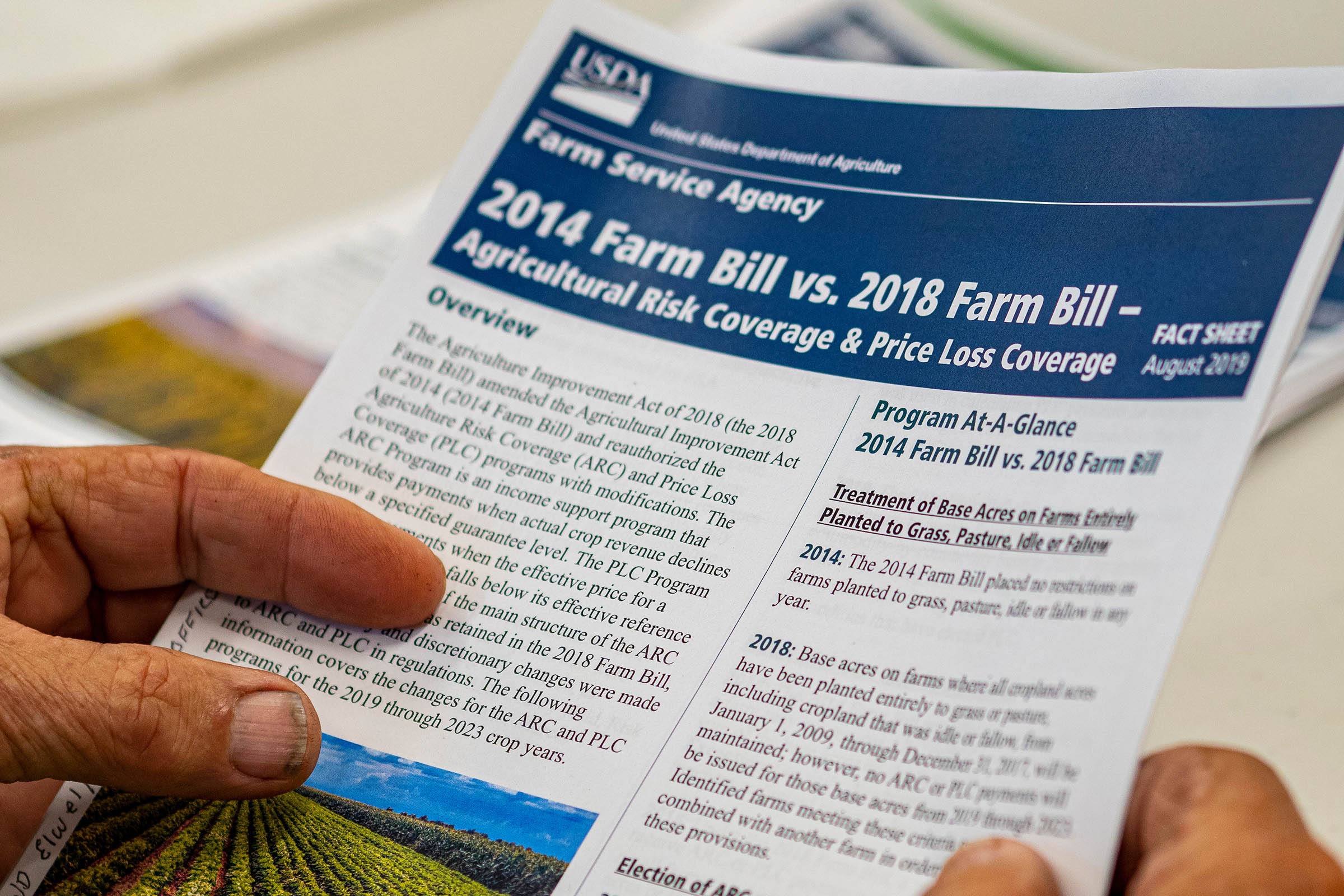The 2018 farm bill expired on Sept. 30, 2023, as government officials focused on passing a 45-day continuation of the federal budget.
Amy Hagerman, an associate professor of agricultural economics and Oklahoma State University Extension agricultural policy specialist, said the expiration will have limited impact in the short term but could have long-term impacts without a continuation.
Without a continuation or resolution of the farm bill, some commodity programs, for example, would revert to outdated legislation created in the 1930s and 1940s, Hagerman said. However, the farm bill has some longevity outside of its official expiration. Certain programs that operate on calendar or crop years designated for official reporting will continue through the end of 2023 and into 2024.
“I expect we’ll see a lot of conversation around the budget in the coming weeks,” Hagerman said. “That’s really important for the farm bill as well, because the budget determines the money for some of those programs (operating under the 2018 farm bill) and for USDA offices to administer the programs.”
Hagerman predicts the farm bill will be extended before the end of this year. A short extension could indicate a new farm bill will be considered soon, whereas a lengthier extension could result in 2018 farm bill rules and regulations staying in place for the foreseeable future.
“Producers should pay attention to risk management in general for their whole farm and stay in close touch with what the deadlines are and what changes might be on the horizon,” Hagerman said.
It is important for producers to understand any new legislation and know which programs are available to them, she said. Some legislation will not be affected by the farm bill expiration, but other rules or appropriations could be void until further action is taken. OSU Extension will share farm bill updates with producers as they occur.




